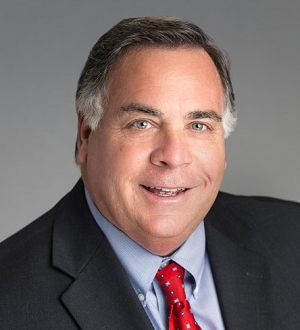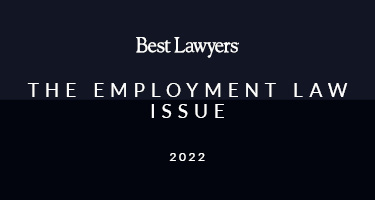Functional capacity evaluations (also known as FCEs) are being used more and more in an attempt to better define work restrictions and limitations for injured workers. When I first started practicing law in 1982, many functional capacity evaluations were done over three days where the injured worker spent eight hours per day performing a variety of tasks. After three days of performing a variety of typical day to day work tasks, the evaluator was able to document how the person was likely to perform in an actual work setting. Today, the evaluations are done in about four hours with at least one hour of interview between the patient and the physical therapist.
The shorter actual testing time may make the FCE less reliable and allow for challenging its validity.[1]
Some doctors are hesitant to state what restrictions and limitations should be assigned and want to simply follow the recommendations of a “therapist” who has performed some type of series of timed tasks performed by the injured worker. Most doctors do not participate in the evaluation, and rarely do they ever see the patient going through the FCE or know the specific tasks or time spent on each task. They rarely understand how much time is spent on the individual tasks and the formula utilized to extrapolate that into a 40-hour five-day workweek.
The American Physical Therapy Association has created standards for measurement and documentation. Not all rehabilitation facilities that perform functional capacity evaluations use the same measurements and criteria. Many are not CARF (Commission on Accreditation of Rehabilitation Facilities) certified.
An FCE administered over a two- or even three-day period will provide much better indicators as to what a person can do in a true work environment. Some evaluations have been done in one to two hours, with some of that time being an interview with the injured worker. Simply having someone perform a function for 20 minutes and then saying that the person can do that for eight hours per day, five days per week is a stretch and a guess. The attempt to extrapolate data from a one to two hour assessment to an eight-hour workday creates major errors in the design of the FCE.[2]
The reliability and validity of the test that is administered over a two-day period provides the most reliable format. It allows for retesting for accuracy and for assessing the person’s abilities on day two after they worked their body on day one, and allows the examiner to determine the effect of the day one testing on the body.[3]
The National Institute for Occupational Safety and Health determined that continuous eight hour expenditures should not exceed 33 percent of a worker’s aerobic capacity.[4]
Neither employers nor injured workers should simply accept the FCE at its face value. Question it and its validity and reliability. If someone returns to work too soon and the FCE was wrong, there could be a re-injury and a worsening of the condition. There are risks for the employers and the workers, and a thorough FCE can be helpful, but it must be done properly.
----------------------
[1] Lechner DE, Roth D, Straaton K. Functional capacity evaluation in work disability. Work. 1991;1:37–47; Isernhagen SJ, Advancements in functional capacity evaluation. In D’Orazio BP, ed Back Pain Rehabilitation. Boston Mass: Butterworth: 1993: 180–204.
[2] Abdel-Moty E, Fishbain D, Khali T, et al. Functional Capacity and residual functional capacity and their utility in measuring work capacity. Clin J Pain 1993;9:168–173
[3] Isernhagen SJ, Work Injury Management and Prevention. Gaithersberg, Md: Aspen Publishers Inc. 1988; Advancements in functional capacity evaluation. In D’Orazio BP, ed Back Pain Rehabilitation. Boston Mass: Butterworth: 1993: 180–204.
[4] Work Practices Guide for Manual Lifting. Washington, D.C.: National Institute for Occupational Safety and Health, Astrand I, Rohahl, K. Textbook of Work Physiology. New York, NY: McGraw-Hill; 1970.
----------------------
Glen Wieland is a partner in Wieland, Hilado & DeLattre, P.A. He is past-president of Florida Workers’ Advocates, past-chair of Workers’ Compensation Section of the AFTL, executive council of Workers’ Compensation Section of the Florida Bar, statewide Workers’ Compensation Fraud Task Force, and past-chair of O.A.T.H.

























